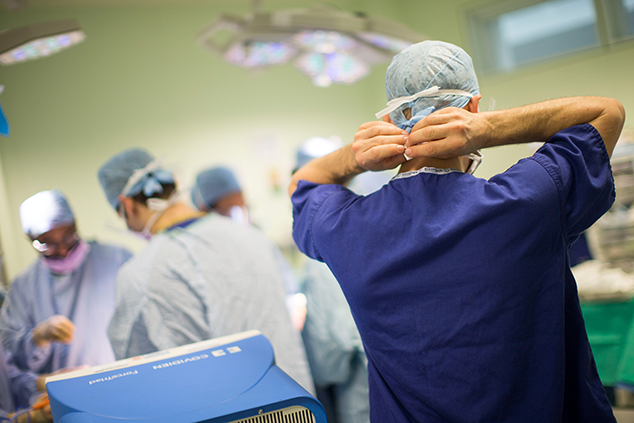
The answer is that the contributions made to their pension funds are such that even on a salary of £125,000 they can end up over-contributing, says the Financial Times, and being hit by a tax bill (you pay an extra tax on anything that goes in over your allowance) payable in the year it is incurred.
They’re also increasingly coming up against the lifetime allowance (LTA) which governs how big your pension can be on retirement (£1.055m at the moment). The result is that doctors are apparently cutting their hours and even retiring early to cut their pension contributions, and hence their upfront tax bills.
I have some sympathy with this – but not much. Let’s not forget that the reason so many doctors hit the limits is because their pension provision is so generous compared to that of the rest of us. Nor that they do not have to pay up front – you and I would have to, but the public sector runs a system whereby the pension scheme can pay the tax and then deduct it from the pension when the doctor retires.
You could argue that the system is all wrong (and we often have) but if the allowances are wrong it surely it doesn’t make sense to react by exempting those with the very best pensions from them – particularly when the UK’s taxpayers are already a little stretched.
Other solutions are to make the pensions offered to doctors (and indeed other public-sector staff) less generous (that would deal with the early retirement problem…) or to reform the allowance system in its entirety. We’d prefer the latter (we’d love everyone to have brilliant pension provision) but if it would help the NHS out, we’d be happy to go with the former.
As Hargreaves Lansdown’s Tom McPhail points out, “members of defined-benefit pension schemes (such as public-sector workers, including doctors) already enjoy a substantially higher pension ceiling than members of money-purchase schemes.” That’s the type most private sector workers have been condemned to relying on. Maybe pity them.